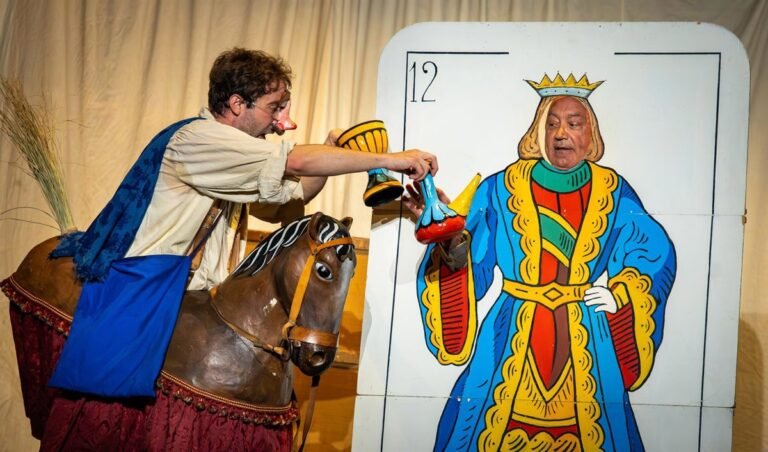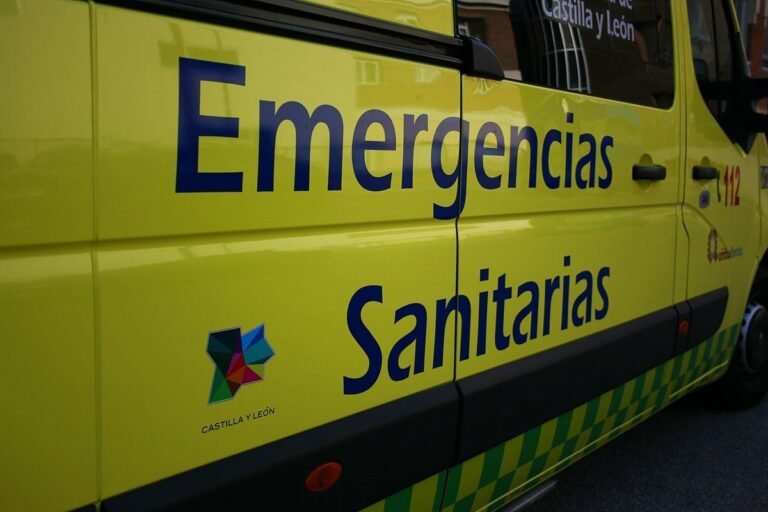
The Department of Environment, Housing, and Regional Planning hosted this morning the presentation of the ‘Circular Economy Pact in Castilla y León’ with the participation of 215 public or private institutions, social and economic agents, who decisively support this form of economy. This initiative is part of the strategy approved by the Regional Government in April 2024.
June 4, 2025
Castilla y León | Department of Environment, Housing, and Regional Planning
The Minister of Environment, Housing, and Regional Planning, Juan Carlos Suárez-Quiñones, presented this morning the current status of the ‘Circular Economy Pact of Castilla y León’ presented on April 3, 2024, at an event attended by some of the top experts in this field and where 95 recently incorporated companies and entities were recognized.
The event was attended by representatives from institutions, social and economic agents, many of whom have joined this pact. They have all been publicly recognized for their commitment to the sustainability of the planet, from their different areas of action.
A total of 215 entities that have already signed the pact were present today, including 130 companies, 22 science and knowledge entities, 19 entities with social purposes, 12 representatives from Local Public Administration, 12 Chambers of Commerce, 8 SCRAP, 6 professional associations, and 5 sectoral clusters and economic and social agents.
During the event, four examples of value retention through advanced industrial remanufacturing and repair models were presented, such as those developed by Grupo RENAULT, IVECO, GAM Reviver, and ILUNION, who explained the intricacies of their projects to the attendees.
Circular Economy Pact of Castilla y León
The presented Pact is a voluntary agreement by which the signing entities express their commitment to develop a circular economy model in their activity and thereby contribute to accelerating the transformation process of the economy of Castilla y León.
This measure aims to contribute to the creation and consolidation of a «territorial ecosystem of circular economy» that brings together all relevant agents in the regional, provincial, or local economic metabolism.
It is worth mentioning that the Regional Government approved the Circular Economy Strategy of the Community in October 2021, which included the creation and implementation of this pact presented today as one of the planned measures.
The program establishes that a series of measures will be developed to promote cooperation and participation of all institutions and entities operating in Castilla y León to strengthen the global commitment to circular economy and thus accelerate the transition of the entire society towards the new economic model.
The Pact initiative is co-financed by the European Union through the CIRCULAR_ECOSYSTEMS project, within the Interreg Poctep program, which aims to replicate the CCRI model in two cities in Portugal, and in Spain in the city of Valladolid and in the provinces of Ávila and Ourense, through their provincial councils.
Over 237 million euros to transform the economic model
One of the highlights was the approval of the Circular Economy Action Plan 2024-2026, endowed with a budget of 237.4 million euros to implement 60 measures. This plan includes investments in key areas such as digitization of waste, new consumption models, bioeconomy, innovation, and governance, highlighting initiatives such as:
- Promote collaborative economy models through coliving and coworking spaces: 131 million.
- Promote digitization in waste management and optimize separate collection systems: 27.8 million.
- Creation or modernization of municipal waste treatment infrastructures: 25 million.
- Improve selective collection of municipal bio-waste: 10 million.
- Promote knowledge transfer, exchange of best practices between researchers and companies in circular economy: 8 million.
- Promote the cascade use of wood and forest biomass: 6.3 million.
- Develop advanced materials to reduce material consumption and replace non-renewable materials: 5 million.
- Promote certification of sustainable forest management: 5.2 million.
Relevant circular economy data
One of the commitments established by the Regional Government of Castilla y León under its Circular Economy Strategy was the implementation of an indicator system aligned with European methodologies, especially those developed by Eurostat and the Circular Cities and Regions Initiative of the European Commission.
These contextual indicators allow analyzing the evolution of the circular economy in Castilla y León, evaluating the pace of progress made, and determining the areas where efforts need to be intensified. The data reflect a sustained decoupling process between economic growth and resource consumption, with continuous improvement in reducing CO₂ emissions and material consumption per unit of Gross Value Added. The year 2020 is an exception, marked by the consequences of the COVID-19 pandemic.
Regarding the circularity rate – the proportion of recycled materials over the total materials used in the regional economy – Castilla y León currently stands at 10.13%, a figure close to the European Union average (11.5%) and above the national average (9.4%).
Regarding the weight of the economic sector linked to the circular economy (repair, remanufacturing, recycling, and collaborative economy), the data show its growing importance in the productive fabric of the Community. Castilla y León has 3,303 companies in this area, generating 28,683 jobs affiliated with Social Security. The Gross Value Added of the sector amounts to 1,365 million euros, representing 2.4% of the regional total.
It is worth mentioning that the European Commission has selected Castilla y León as one of the 5 European regions (the only one in Spain) that, together with 7 European cities, participate in the European network of Circular Cities and Regions (CCRI). They are pilot regions and cities to develop a circular economy acceleration model. The 12 pilot regions and cities have received technical support to develop and implement various actions such as a monitoring indicator model and the design of Systemic Solutions for Circular Economy, which in the Community has started for the Food-Water-Nutrient value chain. Specifically, the following work has been carried out:
- Identification of the territorial ecosystem of the Food-Water-Nutrient value chain in CyL (Agents map)
- Identification of strategic actions to be developed within the Systemic Solution of Circular Economy in the field of biofertilizers
- Study of synergies with other value chains: the value chain of forest biomass: use of ashes in biofertilizers (digestate+ashes)
- Development of the circular economy indicators system of Castilla y León in accordance with the methodological standard of the CCRI.
This work will be presented on June 5 in Brussels as part of the events scheduled by the European Commission during the European Green Week, where Castilla y León will have a prominent presence as the coordinator of the Bioeconomy Working Group within the Community Conservation Resilience Initiative (CCRI).
Overall, the indicators allow us to face the future with optimism, supported by numerous business projects in processing or construction, consolidating the circular economy as a driver of employment, innovation, and value creation in Castilla y León.


